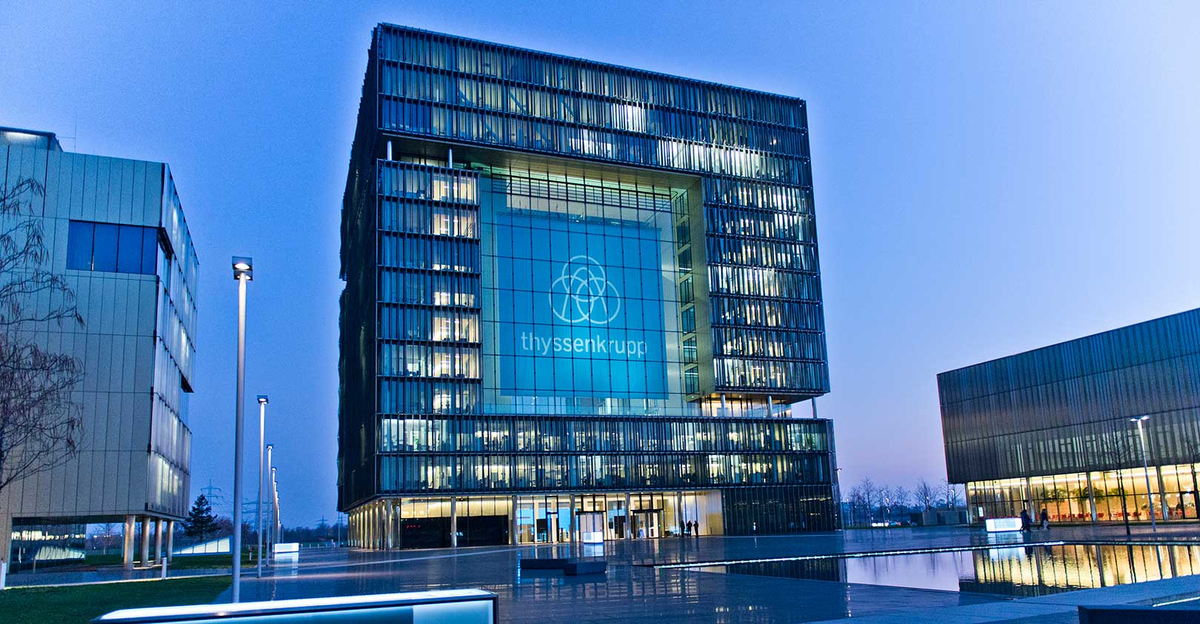Germany’s Thyssenkrupp group is focusing solely on a bid placed by steelmaker Liberty as a sale option for Thyssenkrupp Steel Europe, Chief Financial Officer Klaus Keysberg said Feb. 10.
Liberty’s offer to take over all of Thyssenkrupp Steel Europe’s assets is now the only sale option being considered, Keysberg said during the group’s first-quarter (October-December 2020) earnings call.
The steel unit’s output in 2021 will be limited as a reline of blast furnace No. 1 will be carried out mid-year.
Other potential buyers such as Tata Steel, Salzgitter or SSAB have been ruled out. “Obviously we spoke to everyone but they are not on the table now,” Keysberg said, adding that Thyssenkrupp is also still looking at a “standalone” option. The company said it will provide further details in March.
Keysberg confirmed to S&P Global Platts that Thyssenkrupp will reline its blast furnace No. 1 starting mid-year and lasting for around six months, which will limit steel production. He said it was impossible to say whether the steel unit will reach pre-pandemic levels this year.
Crude steel production in the fiscal first quarter rose 1.5% year on year to 2.88 million mt, of which semis manufacturer HKM produced 743,000 mt (up 10.23% year on year) and the integrated Duisburg works 2.14 million mt (down 1.2%).
Cold-rolled steel shipments in the first quarter rose 11.14% year on year to 2.4 million mt, while hot-rolled shipments increased 13.8% to 783,000 mt.
Auto demand
Thyssenkrupp is also investing in the existing continuous casting line 3, which will be rebuilt to optimize slab production at Duisburg. There are also plans to build a new double reversing mill and an annealing and isolating line at Bochum. Completion of all projects is scheduled for the end of 2024.
Thyssenkrupp is seeing the effects of the semiconductor shortage in the automotive industry that has disrupted car manufacturing. “Automotive is supposed to catch up, but we have to see,” Keysberg said.
The auto industry has taken up fewer volumes from steel mills than planned, but by April they plan to request volumes not already taken, sources told Platts.
Thyssenkrupp expects the auto industry to return to pre-pandemic levels by 2023.
Keysberg drew a cautious outlook for 2021. While the end of 2020 was strong and driven by the automotive industry, there are still numerous unknown factors that could hamper demand, while early 2021 appears to have lost some of the dynamic from the end of last year.
Thyssenkrupp lifted its full-year guidance to breakeven on the back of market recovery.
— Laura Varriale






